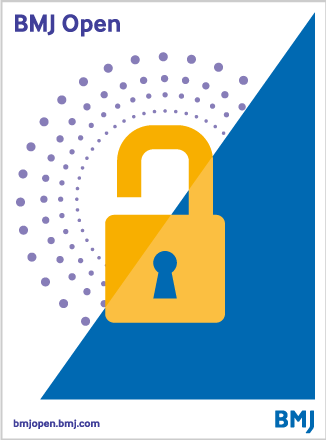Effects of food items and related nutrients on metabolic syndrome using Bayesian multilevel modelling using the Tehran Lipid and Glucose Study (TLGS): a cohort study
Authors
Affiliations
Abstract
Objectives: Diet and nutrition might play an important role in the aetiology of metabolic syndrome (MetS). Most studies that examine the effects of food intake on MetS have used conventional statistical analyses which usually investigate only a limited number of food items and are subject to sparse data bias. This study was undertaken with the goal of investigating the concurrent effect of numerous food items and related nutrients on the incidence of MetS using Bayesian multilevel modelling which can control for sparse data bias.
Design: Prospective cohort study.
Setting: This prospective study was a subcohort of the Tehran Lipid and Glucose Study. We analysed dietary intake as well as pertinent covariates for cohort members in the fourth (2008-2011) and fifth (2011-2014) follow-up examinations. We fitted Bayesian multilevel model and compared the results with two logistic regression models: (1) full model which included all variables and (2) reduced model through backward selection of dietary variables.
Participants: 3616 healthy Iranian adults, aged ≥20 years.
Primary and secondary outcome measures: Incident cases of MetS.
Results: Bayesian multilevel approach produced results that were more precise and biologically plausible compared with conventional logistic regression models. The OR and 95% confidence limits for the effects of the four foods comparing the Bayesian multilevel with the full conventional model were as follows: (1) noodle soup (1.20 (0.67 to 2.14) vs 1.91 (0.65 to 5.64)), (2) beans (0.96 (0.5 to 1.85) vs 0.55 (0.03 to 11.41)), (3) turnip (1.23 (0.68 to 2.23) vs 2.48 (0.82 to 7.52)) and (4) eggplant (1.01 (0.51 to 2.00) vs 1 09 396 (0.152×10-6 to 768×1012)). For most food items, the Bayesian multilevel analysis gave narrower confidence limits than both logistic regression models, and hence provided the highest precision.
Conclusions: This study demonstrates that conventional regression methods do not perform well and might even be biased when assessing highly correlated exposures such as food items in dietary epidemiological studies. Despite the complexity of the Bayesian multilevel models and their inherent assumptions, this approach performs superior to conventional statistical models in studies that examine multiple nutritional exposures that are highly correlated.
Keywords: FFQ; Tehran Lipid and Glucose Study (TLGS); generalized linear mixed model (GLIMMIX); metabolic syndrome (Mets).

